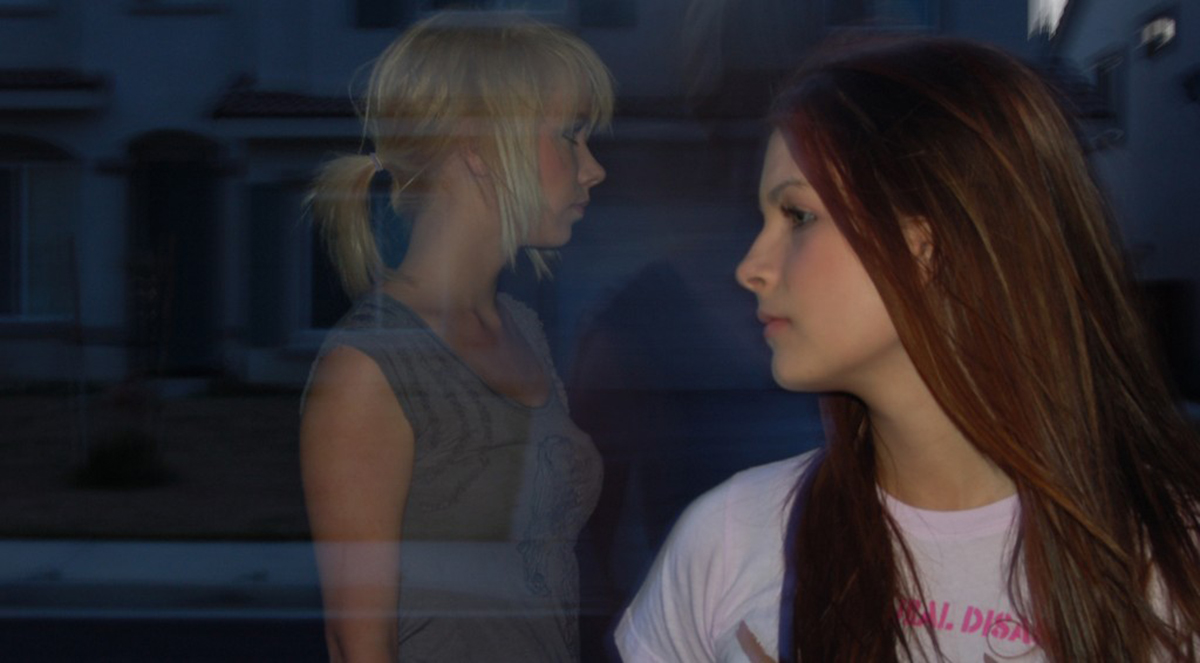Table of Contents
Or as the saying in the United States goes, just because you are paranoid doesn't mean someone or something isn't striving to do you harm. The need for safety turned human brains into pattern recognition devices. Jungle dwellers have a sense of when a python is about to swoop down from a tree. Soldiers in the battlefield become acutely aware of enemy movements. Couch potatoes addicted to vampire shows know when the protagonist (or, if you are rooting for the vampire, the antagonist) is about to whip out a stake.

The generation of false positives is just the cost of an orderly perception of events that helps us think.
But when you start bidding all your mortgage money on Ebay for a grilled cheese sandwich with the image of the Virgin Mary or you quit your job and sell your house to move to a sod house in the middle of a national grassland because you are convinced that Y2K will lead to mass terror and cannibalism (as an acquaintance of mine, over my strenuous objections, did), then there's a problem.
When Is "Delusional" Thinking Productive?
Scientists at the KEY Institute for Brain-Mind Research in Zurich found that "hyperassociative thinking" led to divergent thinking that fuels creativity. This is the kind of thinking that is essential to the arts. The great Leonardo da Vinci told his students:
"Look at walls covered with many stains ... with the idea of imagining some scene, you will see in it a similarity to landscapes adorned with mountains, rivers, rocks, trees, plains, broad valleys, and hills of all kinds … [also] battles and figures with lively gestures and strange faces and costumes and an infinity of things which you can reduce to separate and complex forms."
Seeing a skyscape on a blank wall and then painting it is wonderfully creative. Seeing Bigfoot on a blank wall and then shooting at it, however, is evidence of what psychiatrists consider schizotypal behavior and is likely to cause someone to call the mental health authorities.
"Garden Variety" Apophenia
Brugger conducted experiments in which he found that, as probably won't surprise most readers of this article, "creative" apophenia was associated with increased electrical activity in the right hemisphere of the brain. He also found that creativity and "mild" apophenia were associated with higher levels of dopamine, the brain chemical associated with pleasure. Food, excitement, sex, and certain drugs increase dopamine levels and, in some people, increase creativity.
And when people become insistent on views of the world that just aren't possible, the famous novelist Virginia Wolfe, for instance, at one point was convinced the birds in her backyard spoke Greek, there is a high likelihood of bipolar disorder.
See Also: Does Having Hallucinations Mean You Have Lost Your Mind?
But there is at least one way to handle the gift of apophenia without the burden of seeking societal approval. I experienced it myself. After I worked in Germany, I worked in Vienna. Every day I'd walk past a certain open square, where nobody ever sat on the park benches, birds wouldn't even light there, and the hair would stand up on my arms and neck. I had no idea why. Then one day I was in such a hurry that I took a shortcut across the park, I noticed a plaque noting that the park was built on the site of Gestapo headquarters, which had been torn down, and no building would ever be placed there again.
I asked a Viennese friend about this, and he assured me, much as my German boss had reassured me, that 99% of people had similar experiences, "everybody but the psychologists and psychiatrists," he said. My personal decision was that as long as my unusual perceptions didn't interfere with my life, I would consider myself creative, not crazy. And I still do.
- Simmonds-Moore C. Exploring the perceptual biases associated with believing and disbelieving in paranormal phenomena. Conscious Cogn. 2014 Aug. 28:30-46. doi: 10.1016/j.concog.2014.06.004. Epub 2014 Jul 16. PMID: 25036936.
- Photo courtesy of Rachel.Adams by Flickr : www.flickr.com/photos/cupcakegoshxx/14954414038
- Photo courtesy of m a n d o l i n by Flickr : www.flickr.com/photos/mandolinn/304590573

